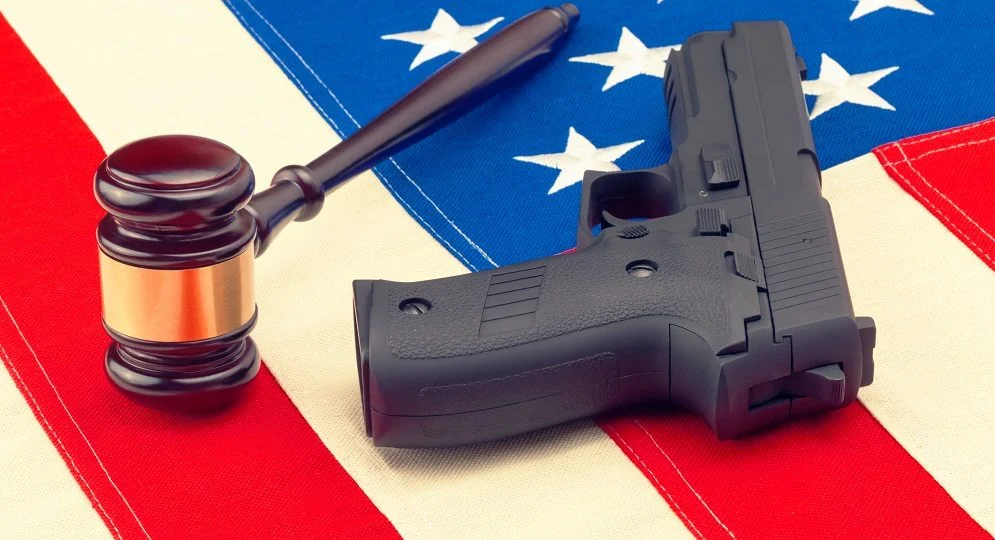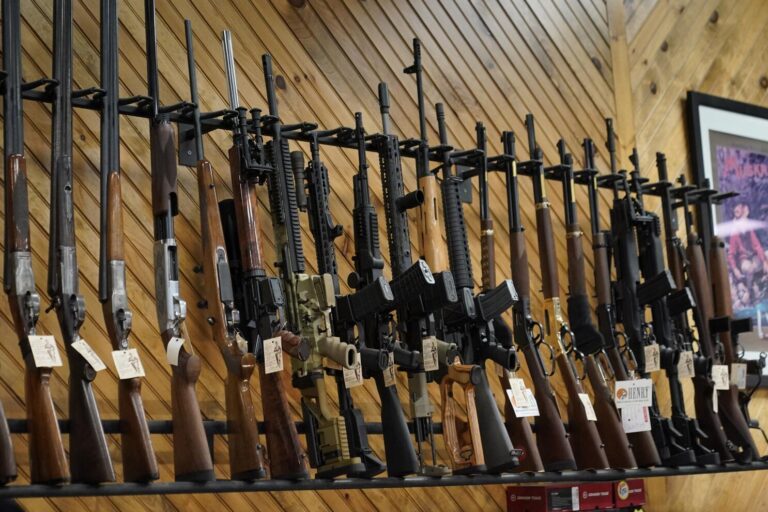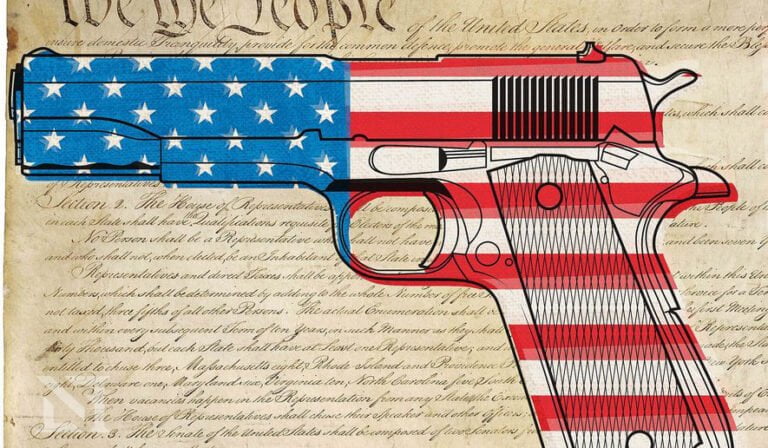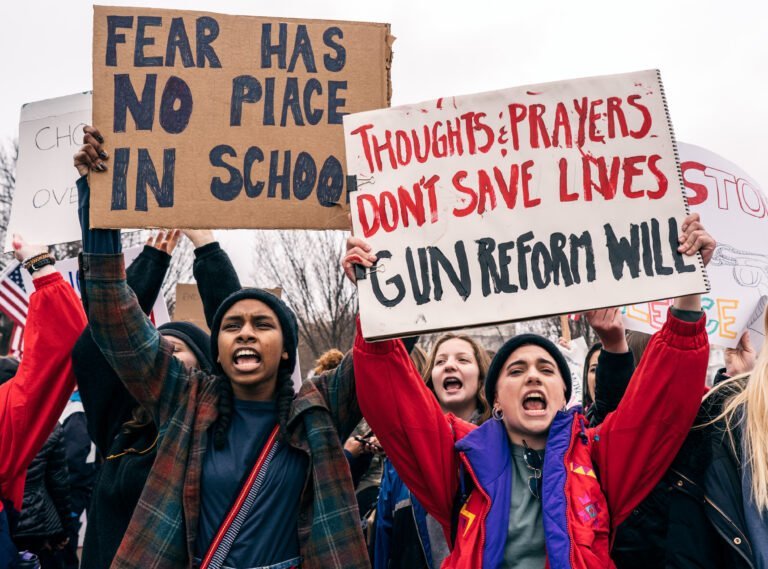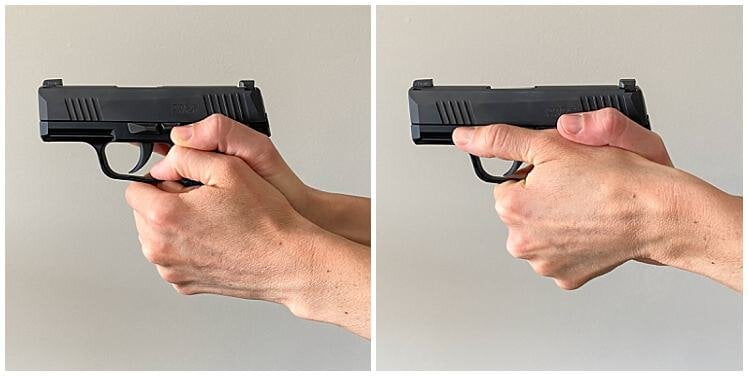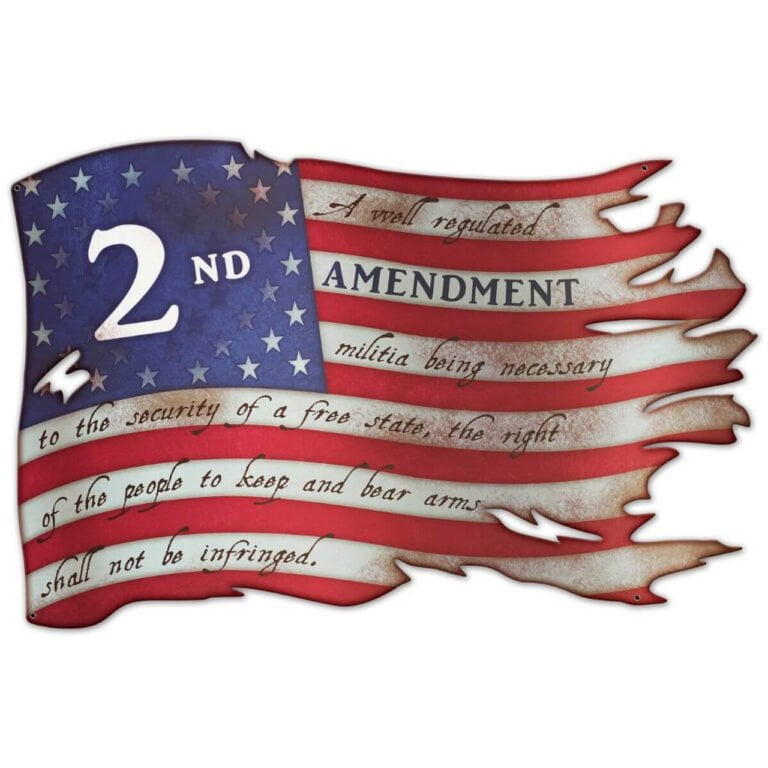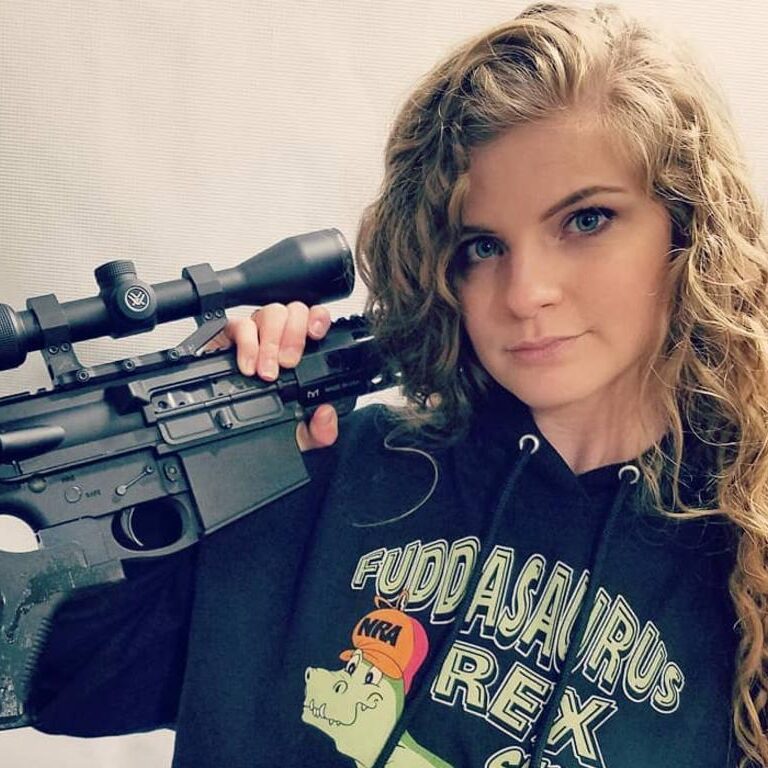Gun Purchase Laws
The laws surrounding the purchase and ownership of firearms in the United States are a complex and often debated topic. With federal and state regulations in place, the process of acquiring a firearm can vary depending on different circumstances. In this article, we’ll delve into the various ways individuals can legally obtain firearms, the laws that govern these acquisitions, and the steps involved in purchasing a firearm.
Gun Acquisition Means
Assembling a Firearm From Scratch
While there are some federal restrictions on assembling firearms, the practice has been largely allowed until recently. Shorter rifles might require registration and taxes, but certain auto firearms are strictly prohibited.
Buying a Firearm
Purchasing firearms from private individuals has a long history in the United States. It’s considered an expression of personal freedom and involves a straightforward exchange of personal property, governed by Weapon Laws. However, private sales faced restrictions beginning in 1934 with the requirement for registration on specific firearms.
Gun Shows
Gun shows serve as platforms for buying, selling, and trading firearms. They provide a place for licensed individuals to engage in business, but they also facilitate private sales. The perception of a “gun show loophole” exists due to the federal law not mandating background checks or waiting periods for private sales.
Getting a Firearm as a Gift
Gifts of firearms are generally not heavily regulated, making them accessible to those who wish to provide or receive them. However, this lack of regulation raises questions about trust and responsibility.
Getting a Firearm as an Inheritance
Inheritances of firearms follow a similar pattern to gifts. NFA firearms, or those restricted by the 1934 Gun Control Act, require ownership transfer and potentially taxes upon inheritance.
Laws That Deal with The Purchase of Firearms in the US
The Gun Control Act of 1968
This significant piece of legislation regulates the interstate commerce of firearms, establishes licensing systems for various aspects of the industry, and sets restrictions on firearm ownership. It also introduced minimum age requirements and created paperwork for record-keeping.
Brady Bill
Originating from the assassination attempt on President Ronald Reagan, the Brady Bill led to the creation of the national background check system. It also mandated waiting periods, though many states no longer enforce them.
National Background Check
Implemented in 1998 by the FBI, the National Background Check system determines if a buyer meets the criteria outlined in the 1968 Gun Control Act. This system only applies to licensed dealer transactions and is not universal across states.
Waiting Periods
Once present under the Brady Bill, waiting periods are now largely absent at the federal level. However, some states still enforce them, though their effectiveness in crime control remains debated.
Laws Restricting Who Can Purchase a Firearm in the US
Different statutory limitations exist at both federal and state levels, barring certain individuals from firearm ownership:
- Age restrictions, varying by state
- Protective order recipients
- Felons
- Individuals with involuntary psychiatric admissions
- Those convicted of a misdemeanor or domestic violence charges
- Fugitives from justice
- Unlawful drug users and addicts
- Immigrants with visas and non-citizens
Process of Buying a Firearm in the US
- Means of Identification: Buyers must provide identification that matches the information on the ATF Form 4473.
- Requesting Background Check: Buyers without concealed carry permits undergo an FBI background check through the FFL dealer. Delays can occur due to name matches in the FBI database.
- In Case of Denial: If denied, buyers cannot purchase firearms. The dealer informs the Bureau of Alcohol, Tobacco, Firearms and Explosives (ATF) of the denial.
Gun Purchase Laws for Military
Here is a brief overview of gun purchase laws for military personnel in the United States:
- Active duty military personnel can purchase firearms in the state they are stationed in, even if it is not their state of residency. They need to meet normal federal requirements like background checks.
- Specified groups like National Guard members and reserve component service members on federal orders over 30 days can also purchase firearms in the state they are currently stationed in.
- Non-military U.S. citizens between 18-21 can purchase handguns only through private sale, while active military 18 years or older can purchase handguns through a federal firearms licensed dealer.
- Military personnel must follow both federal firearms laws as well as any applicable state and local laws on purchasing, possessing, and using firearms. State laws can be more restrictive than federal.
- Service members are urged to contact their Judge Advocate General’s (JAG) office for guidance on firearms where stationed and any impact of the Uniform Code of Military Justice when possessing personal weapons.
- Special allowances exist for the transport and shipment of personally owned firearms for active duty personnel during official moves.
So in summary, military status provides some exceptions to firearms laws, but both federal and state statutes must still be followed closely by armed service members when purchasing or owning personal firearms.
Conclusion
Navigating the laws surrounding firearm acquisition in the US requires understanding federal and state regulations. From the various methods of obtaining firearms to the intricacies of background checks and waiting periods, the process can be complex. Awareness of these laws is crucial for responsible firearm ownership.
FAQs;
Q1: Can I assemble any firearm from scratch?
Short rifles may require registration and taxes, but auto firearms are restricted.
Q2:Are private sales regulated?
Private sales were largely unregulated until 1934 when registration became mandatory for certain firearms.
Q3: Do gun shows facilitate private sales?
Yes, private sales occur at gun shows alongside dealer transactions.
Q4: Are waiting periods still enforced?
Waiting periods were once required under the Brady Bill but are now mostly absent at the federal level.
Q5: Who has the loosest gun laws in America?
States like Arizona, Alaska, Wyoming, and Vermont are typically considered to have the loosest gun laws, with strong protections for gun rights and very few restrictions on firearms. For example, these states allow constitutional carry, have limited licensing, and prohibit local gun laws.
Q6: What is the best state to live in?
Subjectively determining the “best” state depends on individual priorities. For quality of life, states like Massachusetts, Hawaii, New Jersey, and California often rank highly for factors like education, health care, economic opportunity, and public services.
Q7: What state is most gun-friendly?
States with the most permissive gun laws, strongest protections for gun owners, most concealed carry freedom and fewest restrictions are generally considered the most gun-friendly. Based on various rankings and scores, Arizona, Alaska, Idaho, Kansas, and Wyoming are among the most gun-friendly states.
Q8: Who is prohibited from firearm ownership?
Individuals under protective orders, felons, those with involuntary psychiatric admissions, and more are prohibited.
